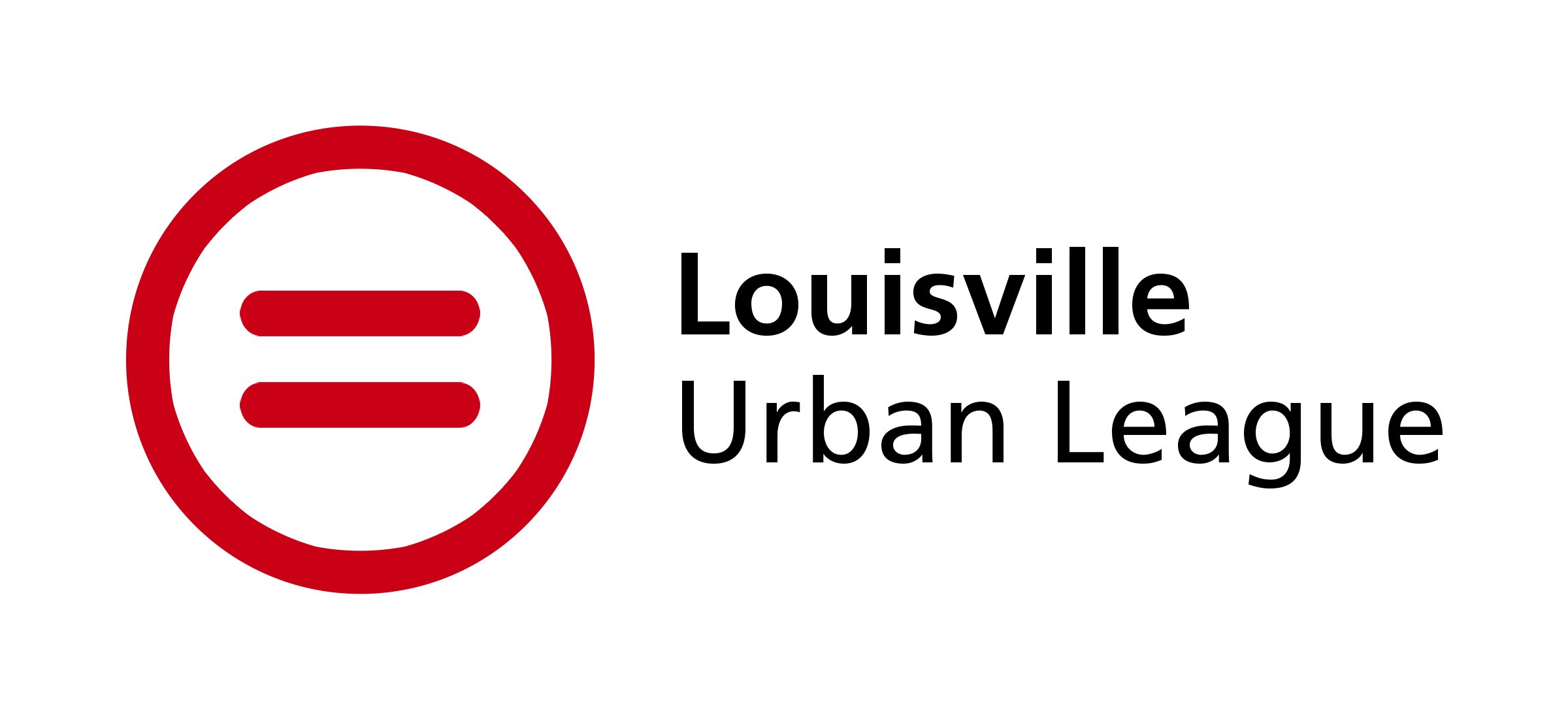
FOR MORE INFORMATION, CONTACT:
Cherilyn Martin | Louisville Urban League
(502) 808-1056 | [email protected]
N E W S R E L E A S E
June 26, 2023
Louisville Urban League Statement on Mayor Greenberg’s 2024 Budget
On April 27, 2023, Mayor Craig Greenberg publicly announced his 2023-2024 budget proposal, tackling a swathe of issues from tourism to housing. On June 23, this proposal was passed by Metro Council with only a few amendments. These proposals address some of the issues we have publicly commented on before, such as the need for open records compliance1, community centers2, and public infrastructure improvements3. However, the Louisville Urban League strongly feels that some of the Mayor’s allocated budget items are a missed opportunity in addressing priority issues for our great city.
The Mayor’s increase to the Louisville Metro Police Department’s (LMPD) budget–approximately $4.2M–is incredibly disappointing. In 2021, Metro Council voted to use American Rescue Plan Act (ARPA) funds toward police reforms deemed necessary by the private consulting firm Hillard Heintze4. This new allocation further adds to their coffers without any degree of accountability. At a recent Metro Council budget committee meeting, council members pushed for measurable outcomes to justify the Office for Safe and Healthy Neighborhoods’ request for city dollars. LMPD is rarely asked to justify their increase requests or produce their metrics, like crime reduction and closing investigations. The DOJ report confirms that they are not solving enough crimes to warrant their insatiable request for funding5.
Mayor Greenberg panders to the department by rewarding their bad behavior with new money and a new wellness center 6 7. Will a state-of-the-art members-only gym be a place where “community policing” is nurtured? Will it resolve the cognitive dissonance they harbor toward the damning report? Or cure an officer’s implicit bias? Is feeding COVID-19 relief funds into their always-increasing police budget a wise use of those dollars when so many Louisvillians are struggling with increasing housing prices8, worsening food instability9, and a looming recession?
We agree with Mayor Greenberg when he says there is “far too much gun violence in our city.” However, we disagree when he states that this budget effectively targets violent crime prevention10. Gun violence is a highly nuanced and complex social issue that is far bigger than homicides. The Mayo’s budget seems to exclude significant investments in suicide prevention and gun safety efforts. Still, research has shown that increasing police presence and funding does not directly reduce instances of gun violence, but targeting social factors does play a significant role in addressing community violence11. More money to the police budget will not solve gun violence in Louisville12.
During the council meeting, a member pointed to Omaha, Nebraska as a model city for reducing gun violence and negative police interactions. The city reports a 50% reduction in gun violence over the past 15 years, and Omaha police chief Todd Schmaderer attributes this reduction to Omaha’s 360 program: “When we first started doing this, law enforcement’s role was 80-90% of what we were doing. We have progressed to a model of 30-30-30; 30% enforcement, 30% intervention, 30% prevention, it’s an ideal mix for a city.13” Louisville’s current budget does not reflect this “ideal mix” of enforcement, intervention, and prevention. The latter two categories are underfunded in the current budget. Redlining14 and racial segregation15, poverty16, and education17 are all key factors that are directly correlated to gun violence rates in urban areas where there is a strong disparity between low-income and high-income earners18. What will solve gun violence in Louisville is increasing funding to programs and supports that have already been proven to have an impact. But the allocation of funds to prevention programs that have demonstrated high success rates remained stagnant.
Mayor Greenberg has allocated $8 million for the Downtown Revitalization Fund. But if “beautification” is an important goal of the administration then those funds should be utilized to ensure current services are adequately working (trash and recycling pickup) and projects that help the community like fixing sidewalks, maintaining roads, seizing and maintaining abandoned properties/lots, and ensuring that alleys are clean of illegal trash dumping. Any revitalization effort should include attention to the reported chemical and sewer odors in the West End and downtown19.
Finally, as a candidate for mayor, Greenberg ran on a goal to increase the number of affordable housing units by 15,000 by the end of his term in office–this would equate to approximately 312 units being made available every month. His mayoral campaign seemed aligned with A Path Forward’s plan of creating 1,500 affordable housing units in five years, which our experts estimate will cost about $840M. But his current budget departs from this ideal. Greenberg’s budget allocates a meager $1M for affordable rental development, $1.4M for affordable housing infrastructure, and $1M to buy the old Watson Lane Elementary School for a future housing site. The Affordable Housing Trust Fund did receive $15M–which is a significant increase–, but this isn’t enough to begin to meet the need we are facing. If the Mayor wants to “build a Louisville that work[s] for every family,” he will need to be a bold leader on affordable housing in every part of the city. That means investments financially and in policy reform.
Ultimately, we believe the Mayor’s budget should reflect the needs of the community. Budgets are moral documents and if we are going to be a compassionate city, then our investments should reflect the courage, creativity, and impact if we are truly going to be a safer, healthier, and more equitable city.
5 United States Department of Justice Civil Rights Division. (2023, March 8). United States Department of Justice Civil Rights Division.
6 (2023, March 2). City investing millions to improve LMPD headquarters, create wellness center. WDRB.
8 Nickell, K. (2022, September 28). Data shows average rent in Louisville continues to rise. WDRB.
9 Greater Louisville Project. Food Security in Louisville.
10 Greenberg, C. (2023, April 27). Text of Mayor Greenberg’s Budget Address. LouisvilleKy.org.
13 (2023, May 1). Omaha’s Crime Reduction Strategy Becomes National Model. City of Omaha.
About the Louisville Urban League
The Louisville Urban League assists African Americans and those at the margins in attaining social and economic equality and stability through direct services and advocacy. For more information, go to lul.org or follow us on Facebook, Twitter (@louisvilleUL), or Instagram (@louisville_ul).
